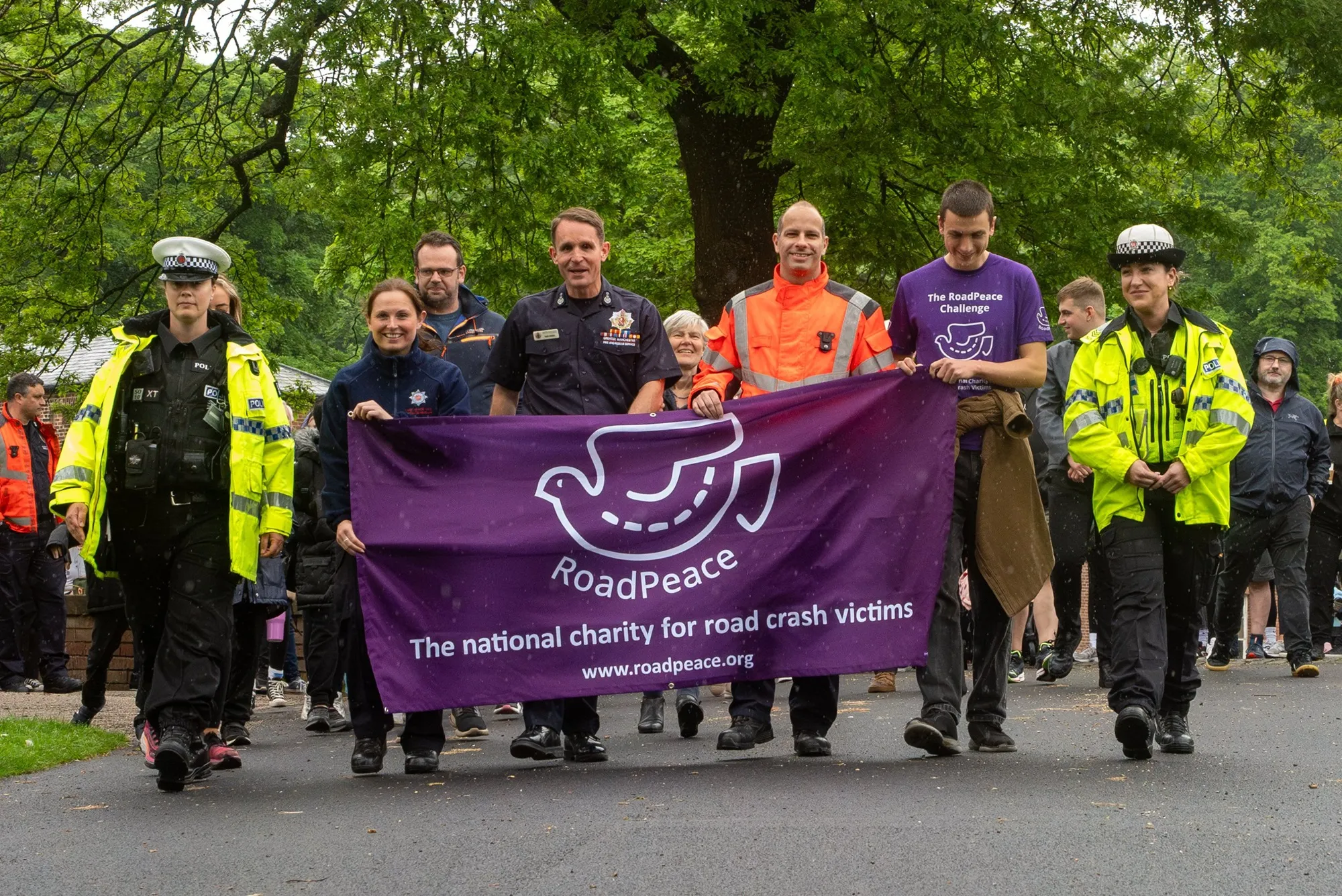The next government must make road safety a top priority, with more than 50 per cent of motorists believing the current administration had not made the issue enough of a concern, according to a survey conducted by the Institute of Advanced Motorists (IAM).
A total of 2,156 people took part in the IAM survey throughout March 2015. The number one gripe amongst those who answered the poll said reducing the number of potholes should be the government’s number one action point, with 70 per cent of respondents
April 10, 2015
Read time: 2 mins
The next government must make road safety a top priority, with more than 50 per cent of motorists believing the current administration had not made the issue enough of a concern, according to a survey conducted by the 6187 Institute of Advanced Motorists (IAM).
A total of 2,156 people took part in the IAM survey throughout March 2015. The number one gripe amongst those who answered the poll said reducing the number of potholes should be the government’s number one action point, with 70 per cent of respondents voting for this.
With the backlog of repairs now topping US$17.6 billion according to the Asphalt Industry Alliance (AIA), the organisation stated funding a long term action plan must be an early priority for any new government. The AIA also said at the end of March that money spent on filling 2.7 million potholes in the past year had been ‘wasted’.
The next biggest concern for road users was that of general road maintenance, with more than 64 per cent of those surveyed stating this needed more attention.
Third in the list was reducing the number of road accidents and casualties for all age groups, with 52 per cent of respondents saying it should be a greater government concern. Road crashes are claimed to cost the UK economy US$23 billion every year.
According to the1837 Department for Transport the number of those killed or seriously injured on UK roads has increased by four per cent as of September 2014 in comparison to 2013.
Neil Greig, IAM director of policy and research, said: “No government can be complacent about these figures and we all need to do more to reduce the numbers killed and injured on our roads.
“Cuts in visible policing and road safety spending have had an impact. While these figures cannot be regarded as a trend, they are a major concern that the new Parliament must address.”
A total of 2,156 people took part in the IAM survey throughout March 2015. The number one gripe amongst those who answered the poll said reducing the number of potholes should be the government’s number one action point, with 70 per cent of respondents voting for this.
With the backlog of repairs now topping US$17.6 billion according to the Asphalt Industry Alliance (AIA), the organisation stated funding a long term action plan must be an early priority for any new government. The AIA also said at the end of March that money spent on filling 2.7 million potholes in the past year had been ‘wasted’.
The next biggest concern for road users was that of general road maintenance, with more than 64 per cent of those surveyed stating this needed more attention.
Third in the list was reducing the number of road accidents and casualties for all age groups, with 52 per cent of respondents saying it should be a greater government concern. Road crashes are claimed to cost the UK economy US$23 billion every year.
According to the
Neil Greig, IAM director of policy and research, said: “No government can be complacent about these figures and we all need to do more to reduce the numbers killed and injured on our roads.
“Cuts in visible policing and road safety spending have had an impact. While these figures cannot be regarded as a trend, they are a major concern that the new Parliament must address.”








